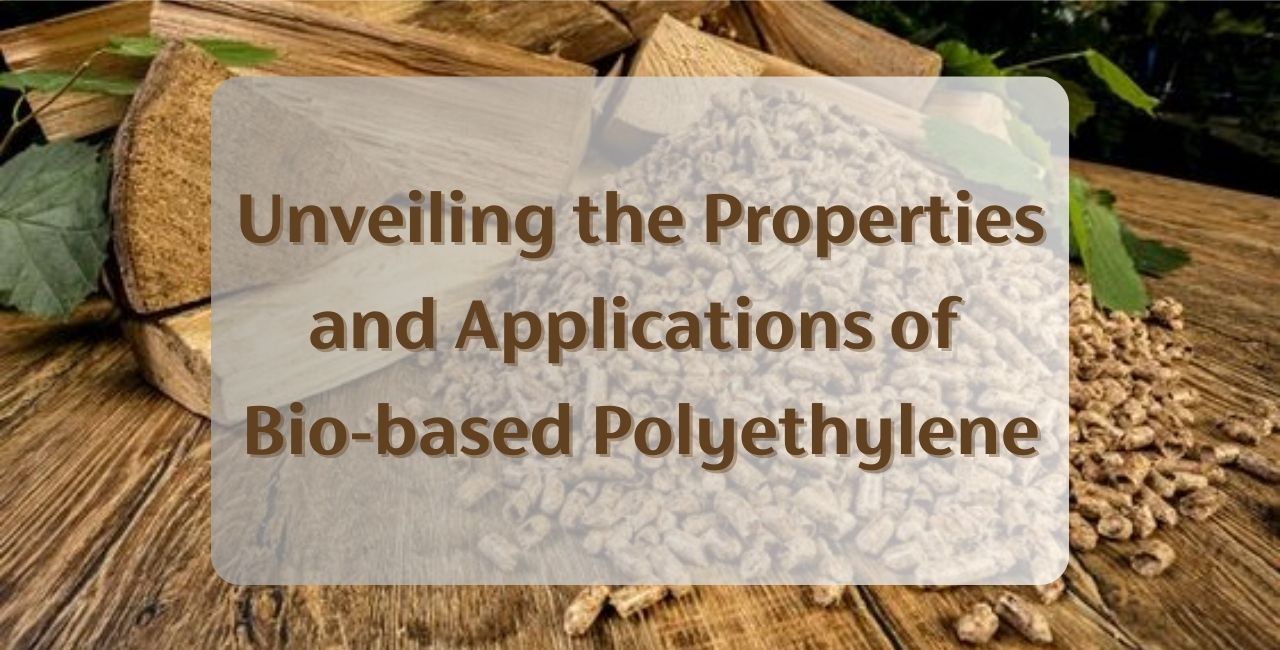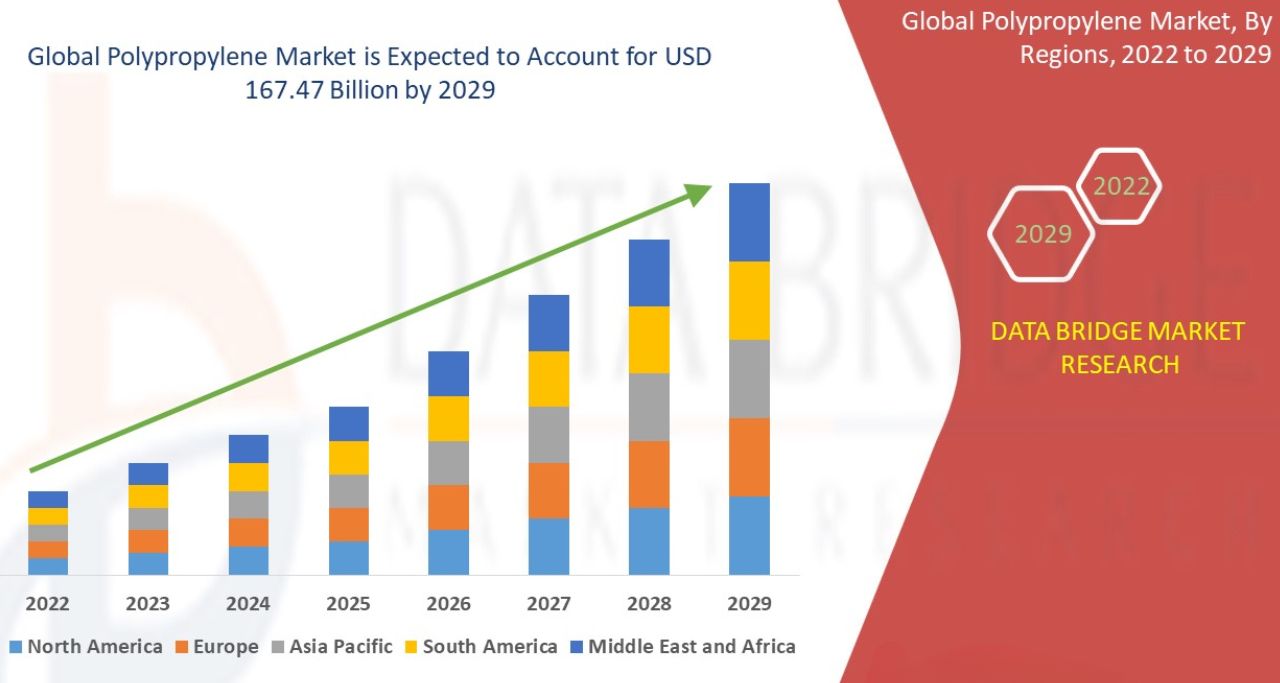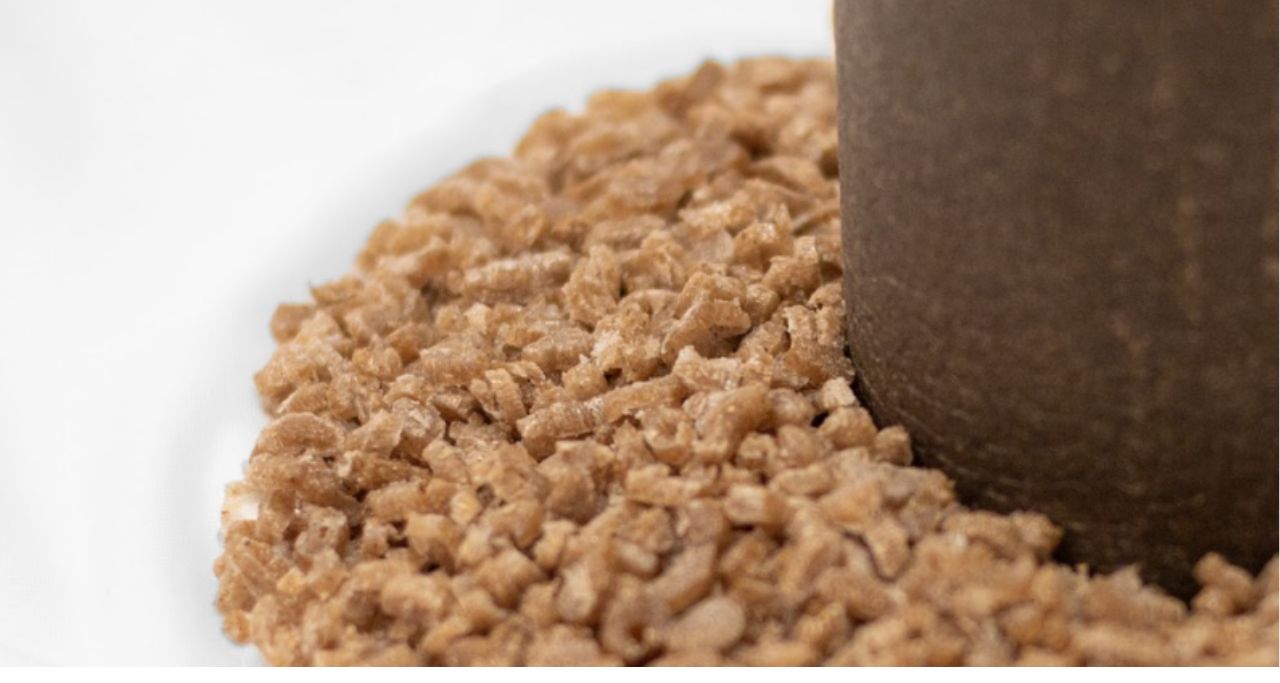Unveiling the Properties and Applications of Bio-based Polyethylene

Welcome back to the blog. Today we dive deep into the world of bio-based polyethylene. As sustainability takes center stage, industries are seeking alternatives to traditional polyethylene, and bio-based polyethylene emerges as a promising solution. In this comprehensive exploration, we will unveil the properties and applications of bio-based polyethylene, shedding light on its versatility and eco-friendly nature.
From its composition to its physical characteristics, we will examine the key aspects that make bio-based polyethylene a sustainable choice. Join us on this journey as we uncover the wide-ranging applications and sustainable advantages of bio-based polyethylene, revolutionizing various sectors and paving the way for a greener future.
Properties of Bio-based Polyethylene
Bio-based polyethylene is a versatile and sustainable alternative to traditional polyethylene. Understanding its properties is crucial to explore its potential applications and benefits.

- Chemical composition and structure: Bio-based polyethylene is derived from renewable sources such as plants or other bio-based materials. Its chemical composition is similar to traditional polyethylene, but with the added advantage of being sourced from sustainable feedstocks.
- Physical properties such as density, melting point, and tensile strength: Bio-based polyethylene exhibits physical properties comparable to traditional polyethylene. Density plays a significant role in its applications. The melting point of bio-based polyethylene affects its heat resistance and processability. Tensile strength is important for applications requiring flexibility and durability.
- Comparison to traditional polyethylene in terms of performance: When comparing performance, bio-based polyethylene shares similarities and differences with traditional polyethylene. It offers advantages such as recyclability and lower environmental impact. However, it may have limitations regarding cost and availability of feedstock.
Understanding the properties of bio-based polyethylene allows for informed decision-making in various industries. It can be applied in packaging, automotive components, and construction materials. Bio-based polyethylene contributes to a sustainable future.
Challenges and Future Outlook
While Bio-based Polyethylene offers significant advantages, it also faces certain challenges that need to be addressed for its widespread adoption and future growth.

* Availability of feedstock: The availability of a reliable and sustainable feedstock is crucial for the production of Bio-based Polyethylene. Ensuring a consistent supply chain of bio-based materials, such as sugarcane or corn, is essential. This requires investments in agricultural practices, crop management, and efficient processing techniques to meet the increasing demand for bio-based materials.
* Technological advancements and ongoing research: Continuous research and development efforts are being made to improve the properties and cost-effectiveness of Bio-based Polyethylene. Technological advancements in refining and processing techniques aim to enhance its mechanical strength, thermal stability, and resistance to environmental factors. Additionally, efforts are being made to reduce production costs, making it more competitive with traditional plastics.
* Market potential and growth opportunities: The market potential for Bio-based Polyethylene is substantial. As consumers and industries increasingly prioritize sustainability, the demand for eco-friendly alternatives to traditional plastics is on the rise. The packaging, automotive, construction, and consumer goods industries offer significant growth opportunities for Bio-based Polyethylene. Companies that embrace this renewable material can gain a competitive advantage and tap into the growing market for sustainable products.
The future outlook for Bio-based Polyethylene is promising. With advancements in technology, improved supply chains, and a growing market demand for sustainable materials, Bio-based Polyethylene is poised to play a significant role in reducing the environmental impact of plastic production and consumption.
Applications of Bio-based Polyethylene made by AirX

AirX is a groundbreaking innovation in sustainable materials, revolutionizing the way we think about carbon footprint. It proudly holds the title of being the world's first carbon negative material derived from coffee grounds. Designed as a plant-based polypropylene, AirX plays a vital role in our collective efforts to achieve the global net-zero target. It accomplishes this through three key attributes.
- Its carbon negativity is a significant contribution towards addressing climate change.
- Its versatility allows for transformation across various industries, opening up new possibilities for eco-friendly solutions.
- AirX is economically sustainable, proving that environmentally responsible materials can also be economically viable. With AirX, a greener and more sustainable future is within reach.
Packaging industry
Bio-based polyethylene offers sustainable packaging solutions for different sectors. It can be used for personal care product packaging, food packaging, agricultural packaging (such as plant pots and trays), and industrial packaging. With its versatility, With the ability to biodegrade in just 12 months and a closed life cycle treated by an industrial plant , AirX ensures that packaging materials are environmentally friendly without compromising functionality or aesthetics.
Automotive sector
AirX finds its application in the automotive industry for various components. Under the Hood, it can be used for engine covers, air intake ducts, and battery casings. In the Interior, it can be utilized for trims, dashboard panels, and seat structures. Additionally, its can be used for exterior parts such as bumpers, grilles, and side mirrors. It is also suitable for electrical components due to its electrical insulation properties. Espectionally, The use of products made from bio-based polyethylene helps to reduce the amount of Carbon (CO2) released into the environment because it is made from biological materials instead of petroleum-based plastics.
Construction materials
Bio-based polyethylene can be used in the construction industry for pipes and fittings, roofing and insulation, structural components, and flooring. Its durability, resistance to moisture, and thermal insulation properties make it an ideal choice for sustainable construction projects.
Consumer goods
The versatility of bio-based polyethylene extends to various consumer goods. It can be found in toys, electronics, fashion and textiles, and household items. As a bio-based material, AirX provides a sustainable alternative to traditional plastics, reducing the carbon footprint of these products.
The applications of bio-based polyethylene are vast and continually expanding across industries. Its eco-friendly properties, coupled with its functional capabilities, make it a sought-after material in packaging, automotive, construction, and consumer goods sectors. To explore the full range of bio-based polyethylene applications in real-life products, visit AirX.
Contact us
AirX coffee, the world’s first carbon-negative bio-materials made from coffee grounds, is a leading company specializing in the production of bio-composite from recycled carbohydrate-derived waste, including coffee grounds, coconut husk, husk, and bamboo. We are dedicated to promoting sustainability through the use of eco-friendly materials in their manufacturing process.
We are always here to help and provide the best service possible. If you have any questions or would like to receive advice and feedback directly from our sales staff, please do not hesitate to contact us. You can reach us through
Whatsapp: +84 969 742 950
Email:[email protected]
We look forward to hearing from you!

